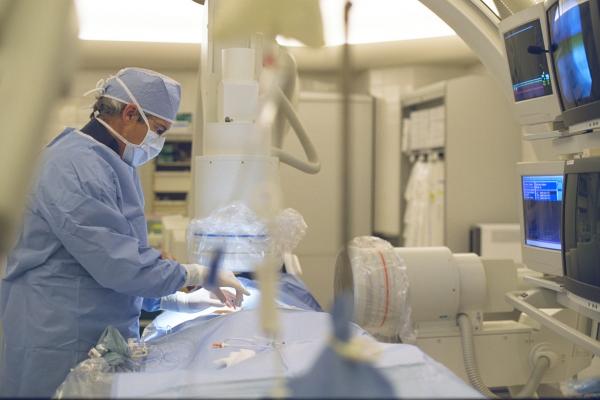
April 23, 2012 - Records exposing the level of medical device recalls made in the United States, and therefore the multitude of serious health risks patients have been subjected to over the past few years, have sparked calls for stricter regulations, according to a new report by healthcare intelligence company GBI Research.
The new report* suggests that individuals with heart problems are most at risk of health problems or even fatality as a result of unsafe devices. The mandate of the Global Harmonization Task Force (GHTF) appears to be more important than ever, as the enforcement of global regulatory standards could save many people in danger from pre-recall tragedies.
Throughout 2005–2010, the United States recorded 4,343 medical devices recalls in different therapy areas, with more than 800 companies initiating recalls. During this time, there were 3,584 Class II recalls, a classification that indicates the device may pose a threat of temporary health problems, or a remote chance of serious health problems. During 2010 alone, 54 Class I recalls were recorded, representing devices that had been recalled due to the high risk of serious health problems or death.
The main reasons for recalls are problems with device design and process control, which includes developing, conducting, controlling and monitoring production processes to ensure that a device conforms to specifications; concerns with software design, component design, employee errors and incorrect labeling; and the mistaken use of materials and components, sterility failure, maintenance problems and contamination.
The greatest number of device recalls during 2005-2010 was in the cardiovascular therapeutic area, accounting for 16 percent of total device recalls. Radiology devices accounted for 14 percent of recalls, while orthopedic therapeutic devices accounted for 12 percent of recalls. Of devices recalled in the cardiovascular therapy area, most were automatic external defibrillators, which are used to stop arrhythmia and allow the heart to reestablish an effective rhythm. Recalls from the general hospital and personal use category include infusion pumps and implantable programmable pumps.
The GHTF encourages the convergence of global regulatory practices and maintains standard regulation practices on all device recalls globally. It therefore benefits medical device regulations in many countries, and helps to ensure the safety, effectiveness, performance and quality of medical devices, while promoting technological innovation and facilitating international trade. GHTF also ensures that the regulatory controls of individual countries are not in conflict with global recommendations. The organization may prove vital in the future, as dangerous recalls seem set to continue if regulations and testing are not tightened.
This report provides an in-depth analysis into medical device recalls in the United States, and analyzes the number of medical device recalls in the United States by year, recall class, therapeutic area and root cause from 2005–2010. The report also provides an in-depth analysis on medical device recalls by the top 10 recall firms, including the number of device recalls by year and by recall class. It presents the regulatory systems for medical devices, with emphasis on regulatory intelligence for the following countries: the United States, the U.K., Germany, France, Spain, Italy and Japan. The medical equipment approval process, device classification, conformity assessment process and post-market surveillance for these countries is explained.
This report was built using data and information sourced from proprietary databases, primary and secondary research and in-house analysis by GBI Research’s team of industry experts.
For more information: www.gbiresearch.com
* Regulatory Intelligence on Medical Device Recalls - Ineffective Process Control, Defects in Design of Device, Software or Other Components are the Major Reasons for Recall


 January 05, 2026
January 05, 2026 









